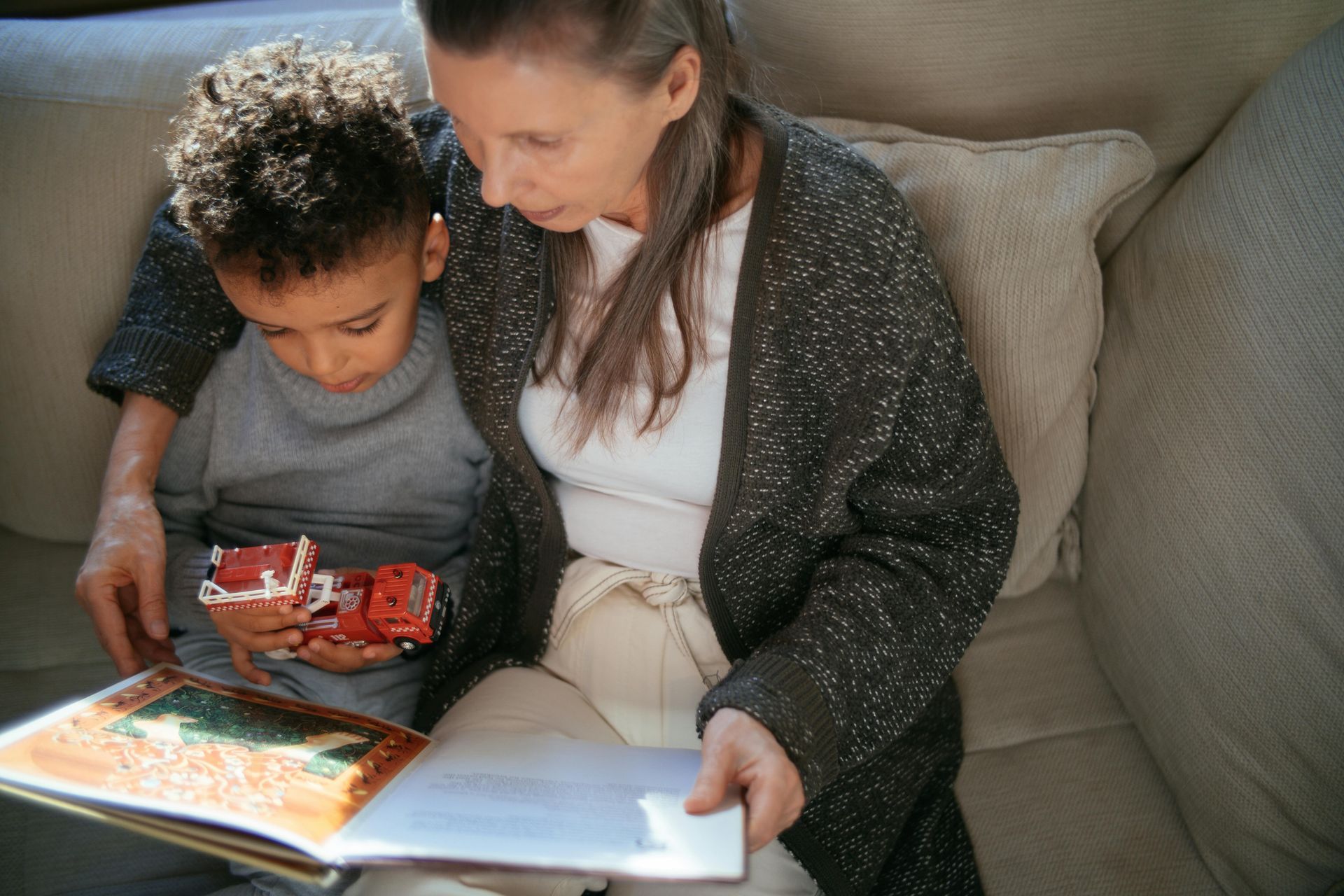Coping with a Parent's Suicide (Article)
When a parent dies by suicide, children undergo a phenomenon known as "traumatic grieving," and the manner in which they are supported during this time significantly influences their recovery. In the aftermath of a parent's suicide, a child may grapple with distressing and painful emotions, including anger, confusion, guilt, and feelings of rejection. Despite the natural inclination to avoid these emotions, healthy grieving entails allowing oneself to remember their parent's love for them and feel the sadness. The Child Mind Institute's article, Coping with a Parent's Suicide describes healthy grieving, what children need in the aftermath of a parent's suicide, how to support children, and the signs of trauma or when a child is struggling to recovery.
When a parent commits suicide, the child may have scary or painful feelings. They may feel anger, confusion, guilt and rejection. The child wants to avoid these feelings. But healthy grieving means they need to think about the parent and let themselves feel sad.
Coping with a Parent's Suicide, Child Mind Institute
Related Posts



